By Rebecca
King Noah*
Mosiah 7:9, Mosiah 11, Mosiah 17, Mosiah 17:3, Mosiah 19
Noah was the son of Zeniff, and the father of Limhi, who lived in the land of Nephi. Noah was a Nephite, who lived in the ancient Americas, about 160 B.C., as recorded in The Book of Mormon. Unfortunately, Noah was a wicked king, who killed the prophet Abinadi; accused his priest Alma of sedition; and didn’t protect his people from their enemies (called the Lamanites).
He ruled in wickedness and had many wives and concubines. He taxed the people heavily for his own use and that of his friends and associates: the priests and their many wives and concubines. He built many elegant and spacious buildings, including a spacious palace and throne. He also built a high tower near the temple and another on the hill north of the land Shilom. He planted vineyards and built wine-presses and became a wine-bibber, as did the people. The Lamanites began to come upon them. Noah and his people became proud over their victories. (Every Person in the Book of Mormon by Lynn F. Price (Horizon Publishers, 2004, 53-54).
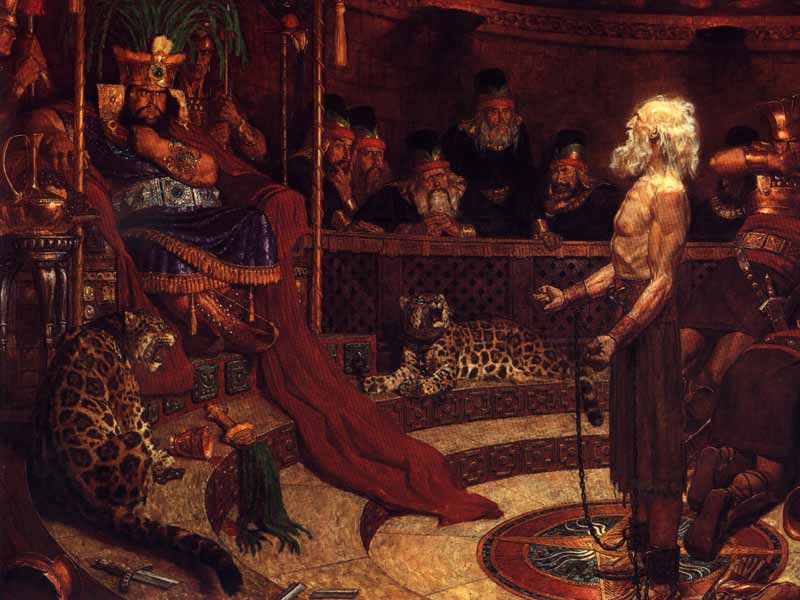 King Noah taxed his people and built himself up. He became prideful and did not focus on serving his nation. Fame and riches can lead one to become prideful if one is not willing to be humble, repent of his mistakes, and recognize God’s hand in his life. “Beware of pride” is a repeated message taught throughout The Book of Mormon. Modern prophets also teach, “The central feature of pride is enmity—enmity toward God and enmity toward our fellowmen… Pride is essentially competitive in nature… The proud cannot accept the authority of God giving direction to their lives”. [1]
King Noah taxed his people and built himself up. He became prideful and did not focus on serving his nation. Fame and riches can lead one to become prideful if one is not willing to be humble, repent of his mistakes, and recognize God’s hand in his life. “Beware of pride” is a repeated message taught throughout The Book of Mormon. Modern prophets also teach, “The central feature of pride is enmity—enmity toward God and enmity toward our fellowmen… Pride is essentially competitive in nature… The proud cannot accept the authority of God giving direction to their lives”. [1]
The Lord warned Noah to repent by sending the prophet Abinadi, who prophesied and testified of Christ. However, King Noah did not listen to the prophet Abinadi’s warnings despite their truthfulness. He imprisoned him and sentenced Abinadi to death by fire, because he would not renounce his testimony of Christ. As he was dying, Abinadi prophesied that Noah would also suffer death by fire. Although Noah killed the prophet, he could not stop his people from following Abinadi’s words. One of his priests, Alma, fled with his followers, who believed in the Lord Jesus Christ.
King Noah was a greedy, selfish man, who did not fight for the freedom of his people. In the Mormon book, he fled to a high tower from a warrior named Gideon, who had sworn to slay him. When the king was about to be slain by Gideon, he begged for his life to be spared for his people’s sake because the enemy Lamanites had entered their borders. He fled with his people pursued by their enemies. Once the Lamanites began to slay them, King Noah commanded the men to leave their families in order to retreat faster. Some refused to listen to their king, and stayed with their wives and children. The other men, who fled with King Noah, wanted to return to their families but Noah commanded them not to. The men who had been encouraged by King Noah to leave their wives burned King Noah to death, thus fulfilling Abinadi’s prophecy.
The Book of Mormon story of King Noah exemplifies the consequences of disobeying God’s prophet. The Bible teaches “believe in the Lord your God… [and] his prophets, so shall ye prosper”. People move away from God when they choose to disregard, disobey, or reject the prophets (Preach My Gospel, 33). There is safety in keeping God’s commandments, reading about Christ in the scriptures, and listening to modern prophets testify of Him. When people follow the modern prophet Thomas S. Monson, God blesses them with the companionship of the Holy Ghost, stronger faith and testimony, and increased happiness (“Message from the First Presidency,” For the Strength of Youth).
*This article was adapted from the LDS Guide to the Scriptures and Every Person in the Book of Mormon by Lynn F. Price (Horizon Publishers, 2004, 53-54).
Additional Resources:
Mormon Beliefs: The Mormon book is the word of God
Receive your own free Book of Mormon

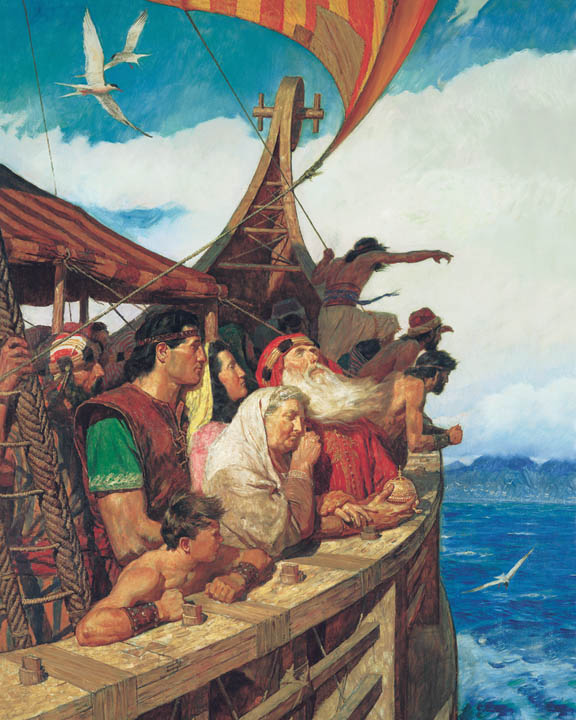
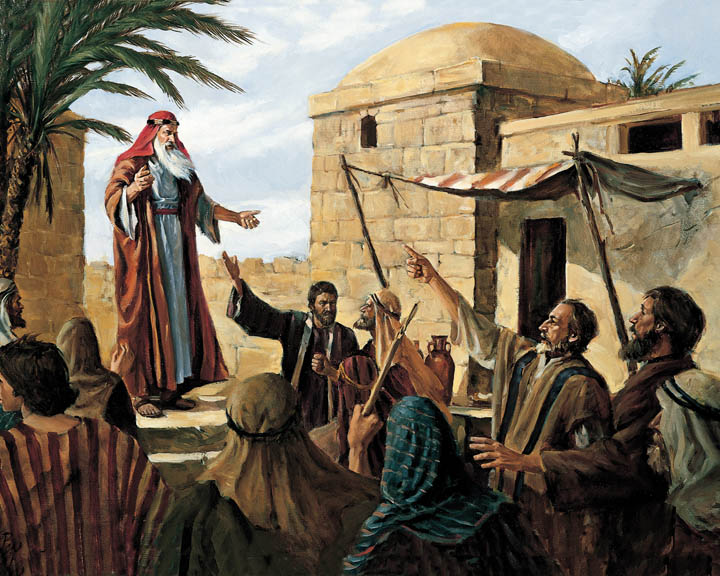
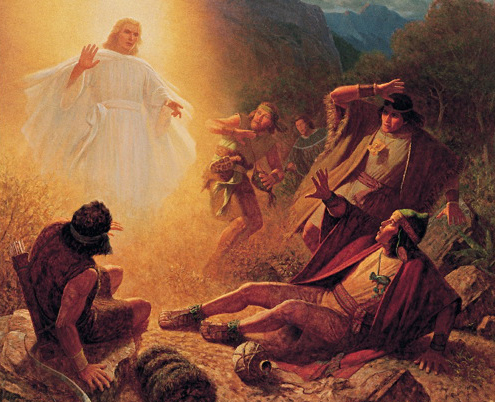
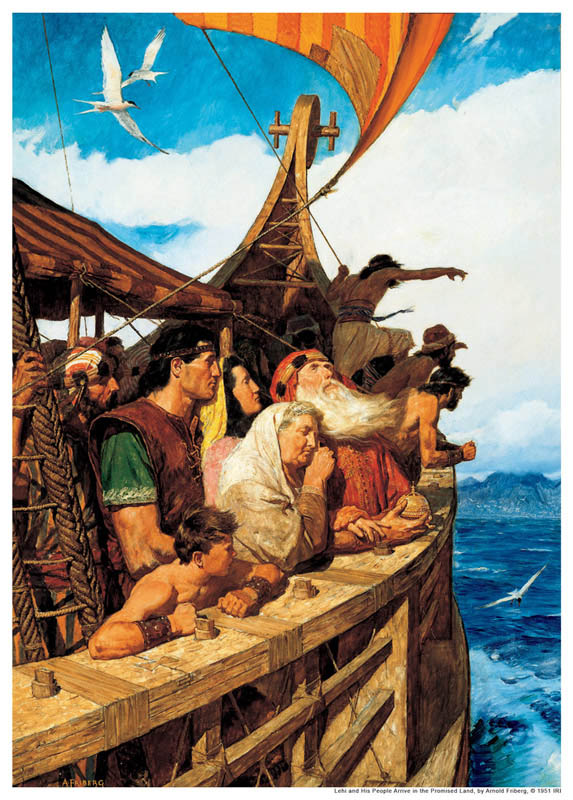
Where is this story found in the book of morman?would like to read it in full chapter, thank you.